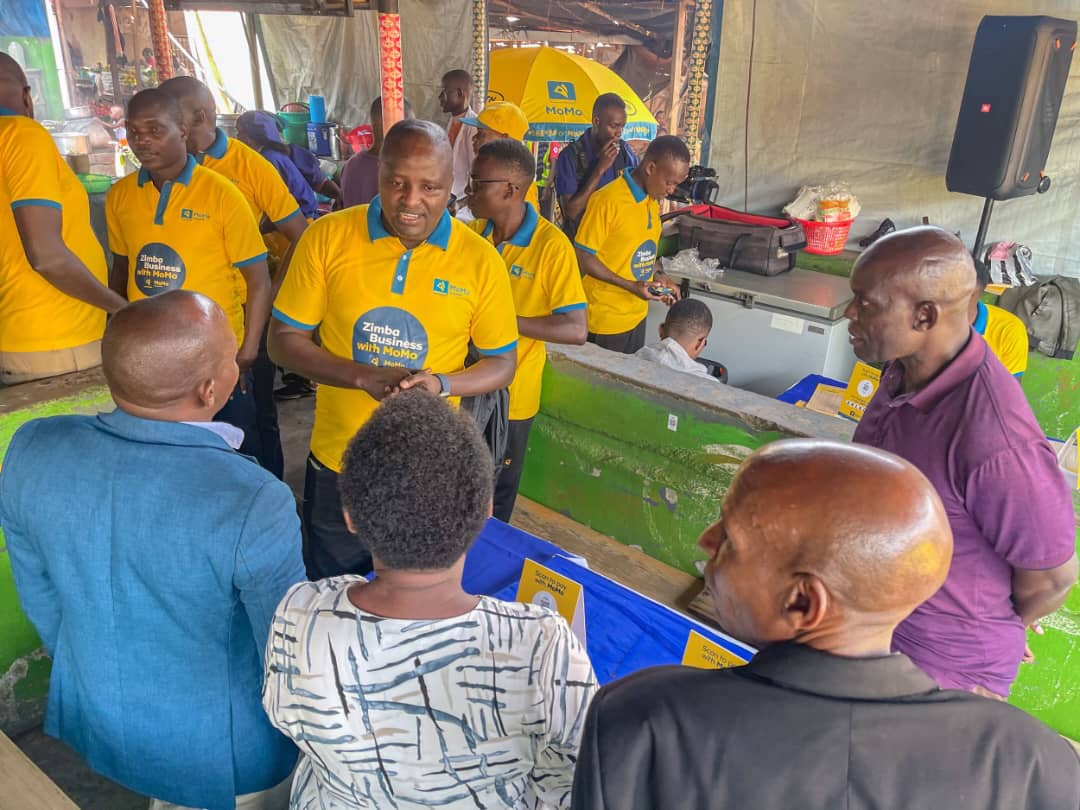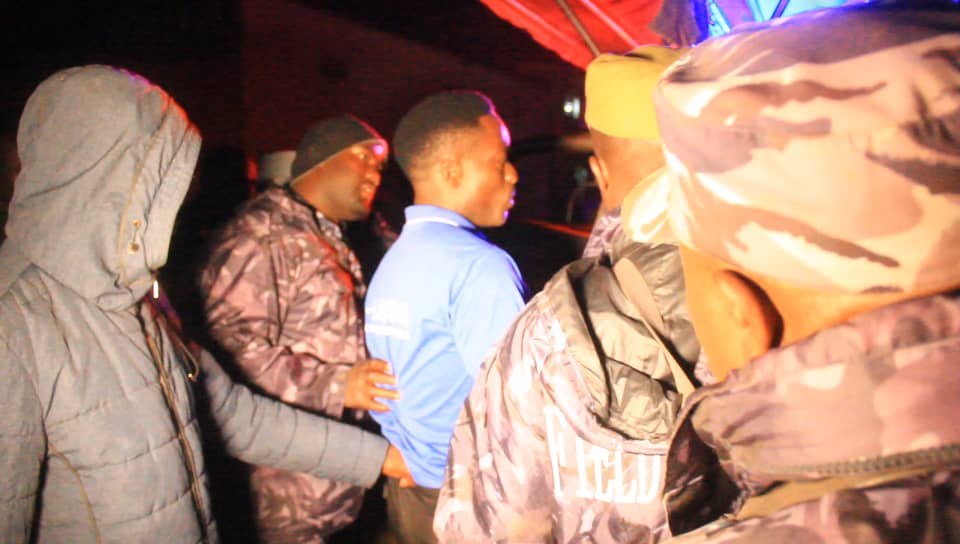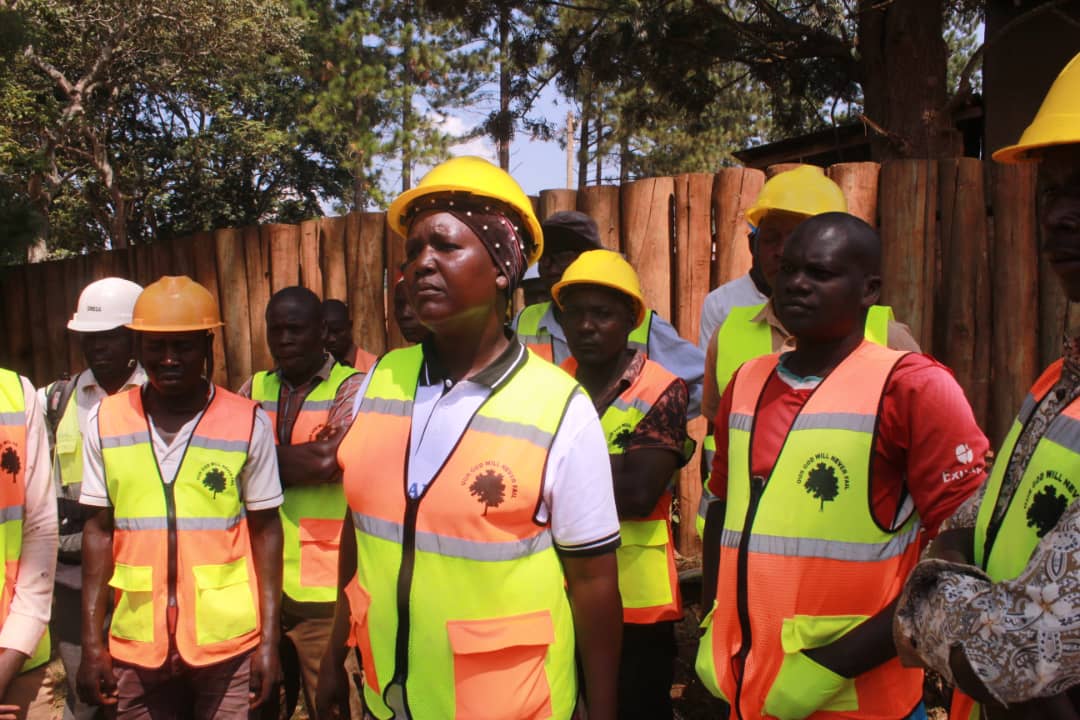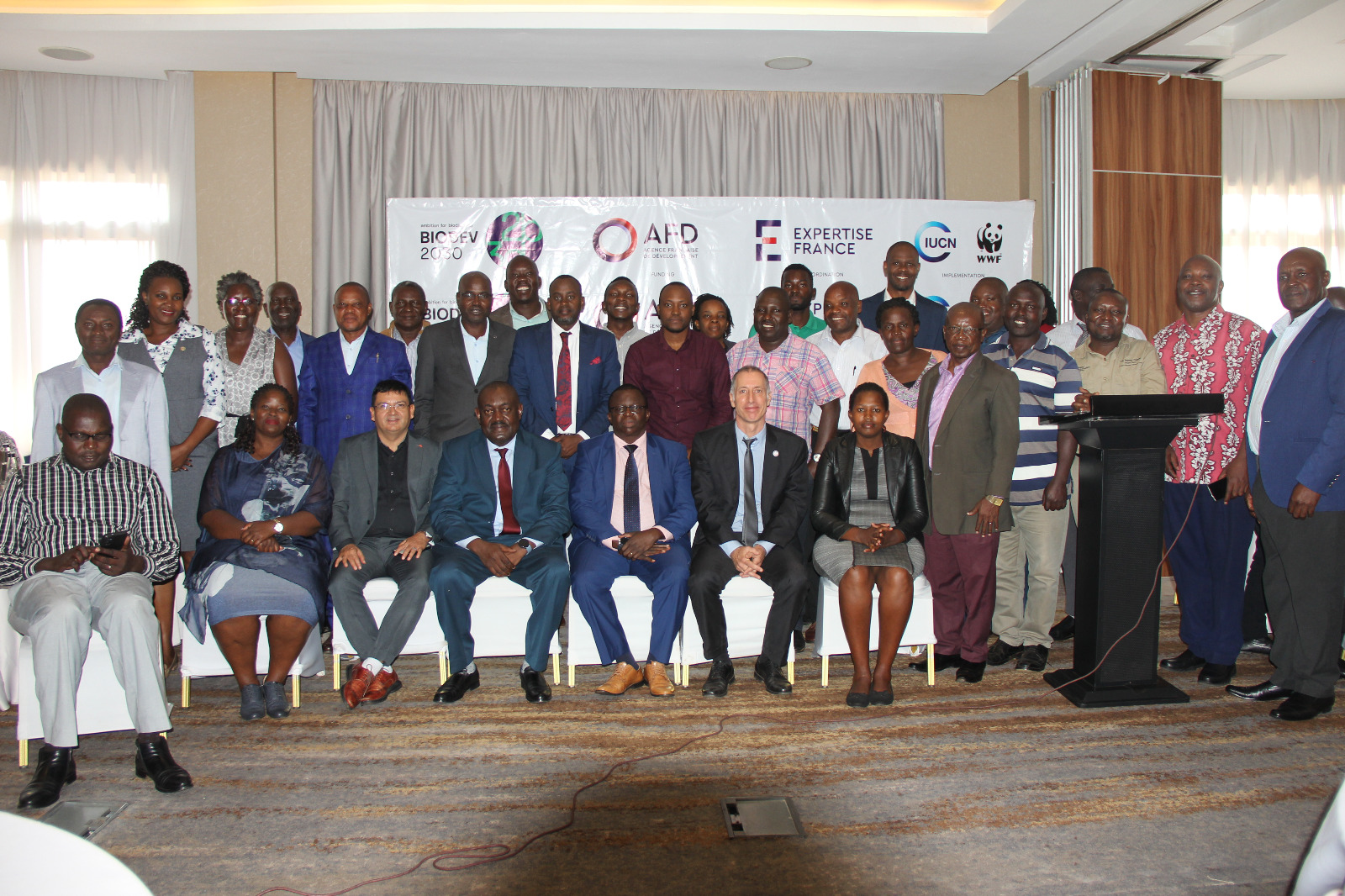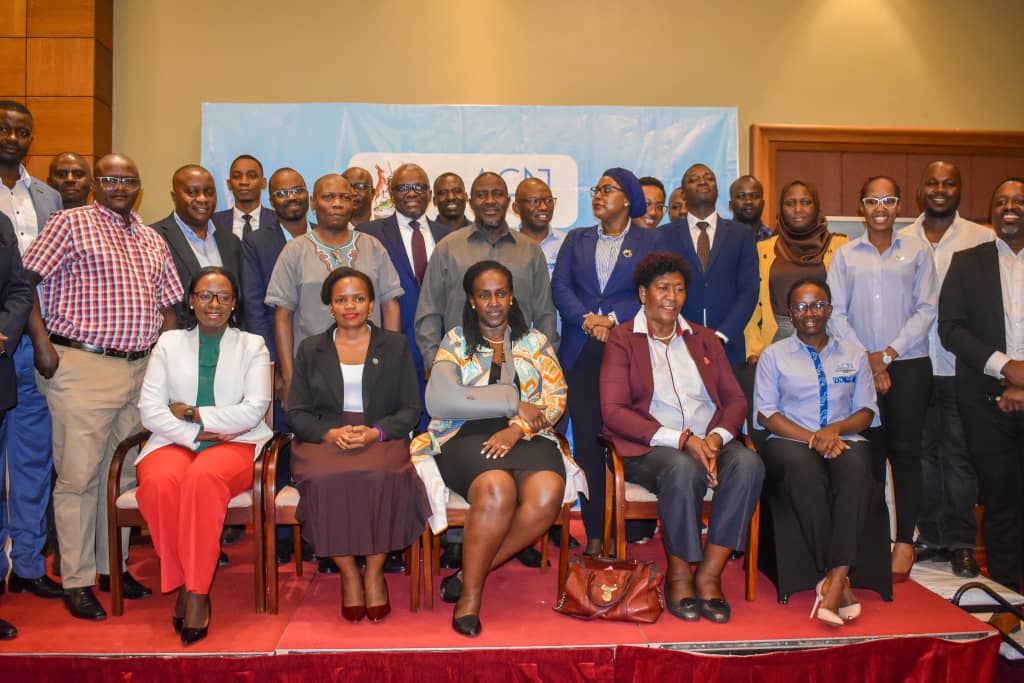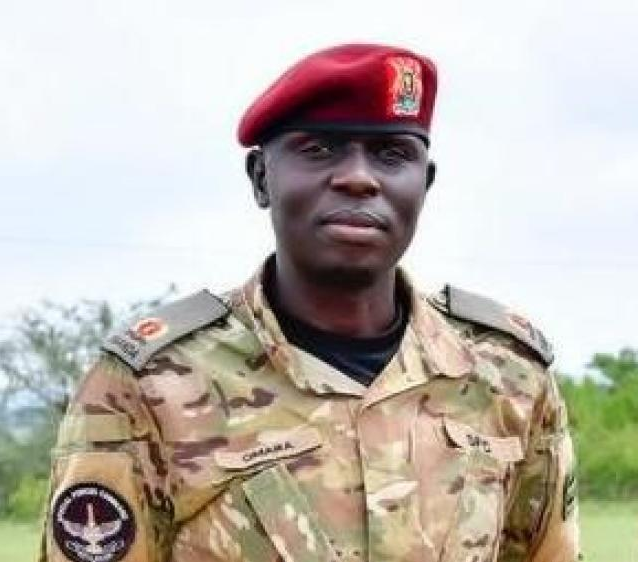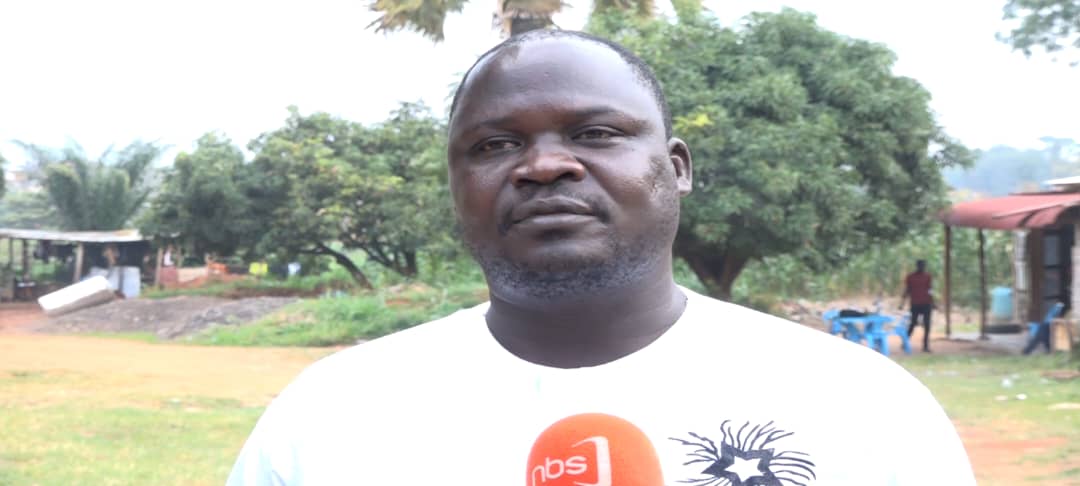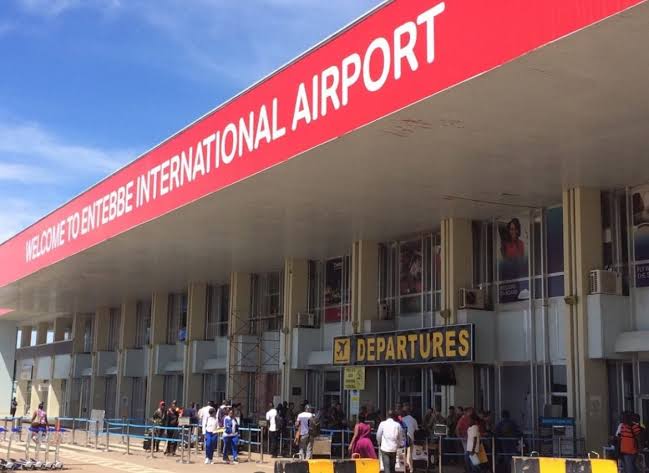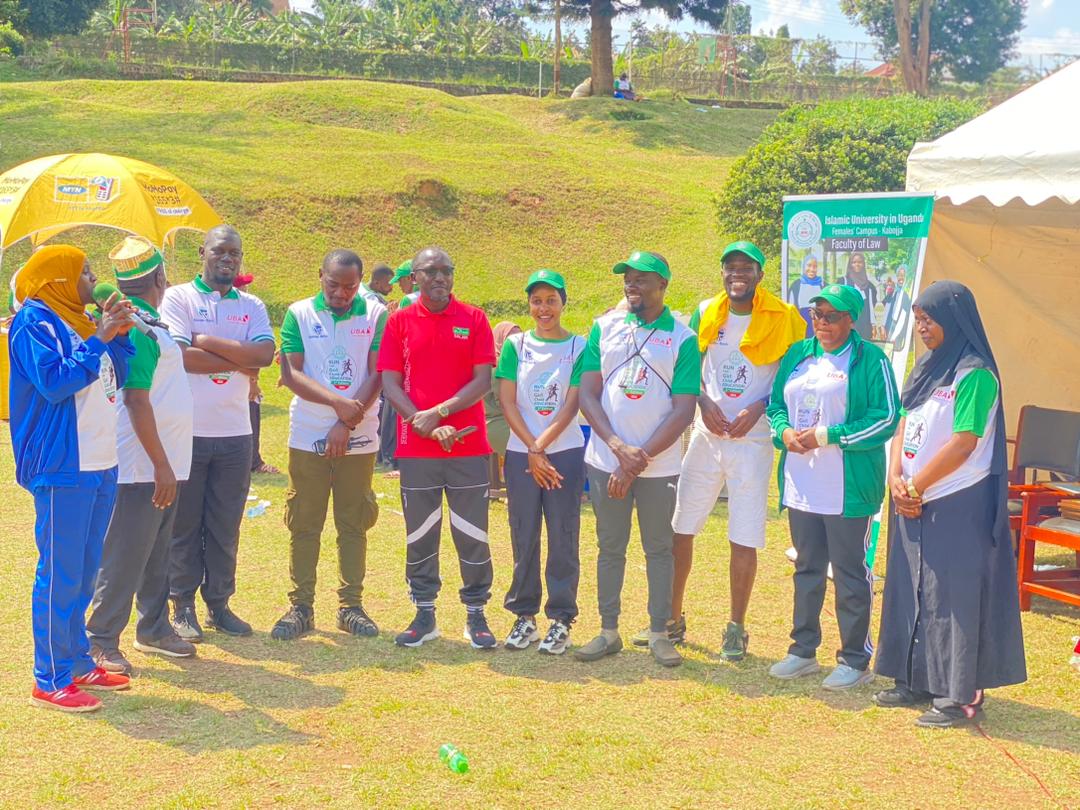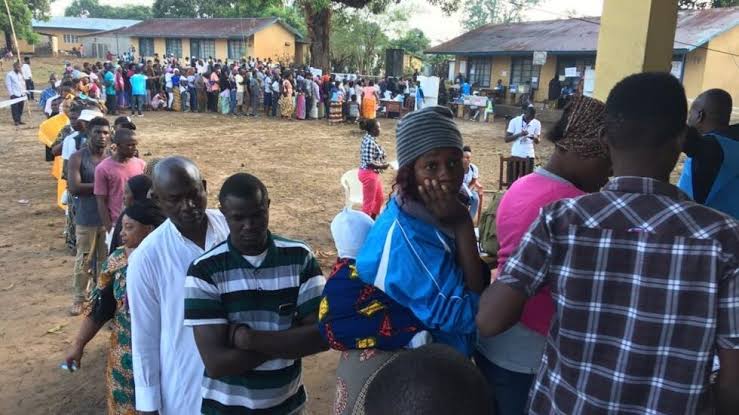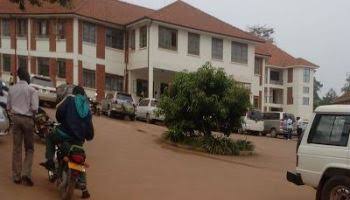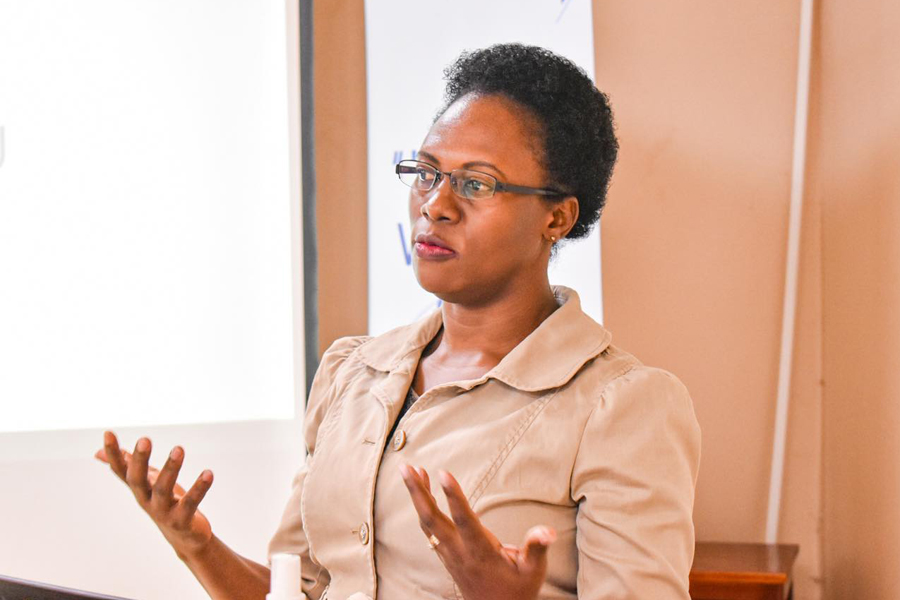NIRA to incorporate iris scanning in National ID registration
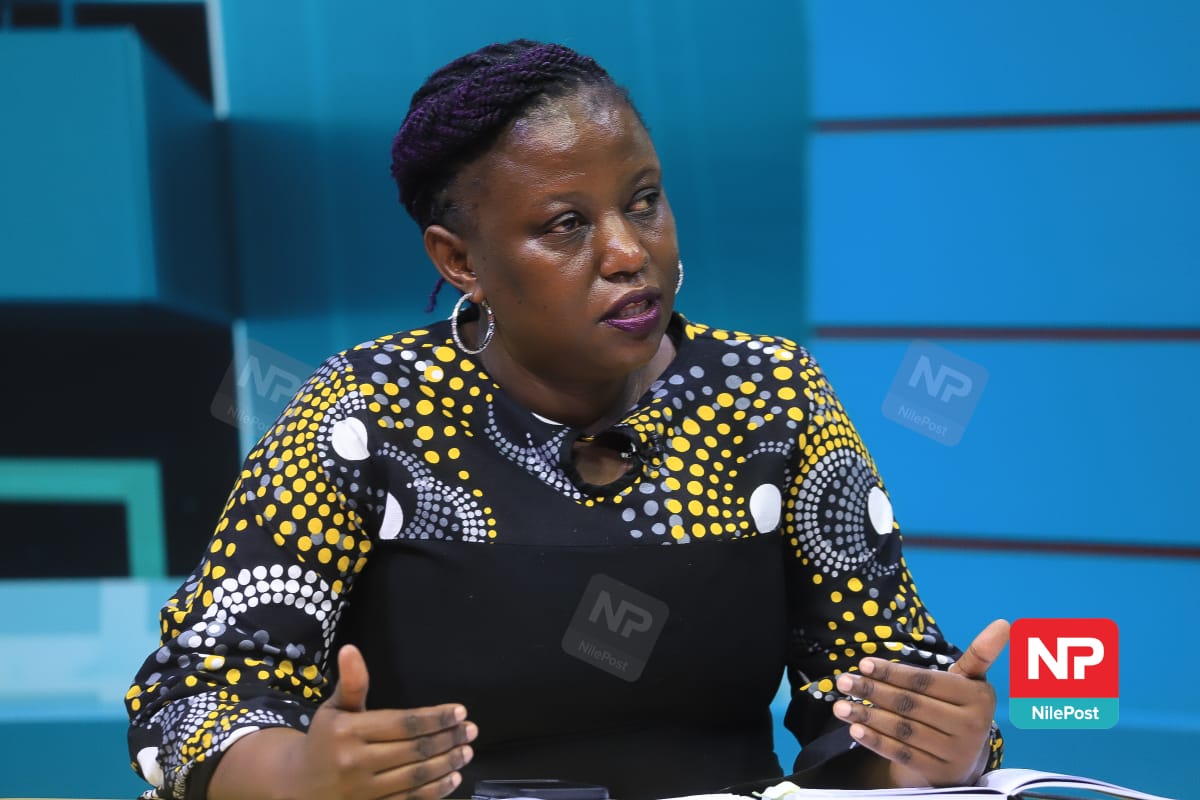
The National Identification and Registration Authority (NIRA) has announced plans to incorporate iris scanning into the process of capturing biometric data for individuals registering for National Identification Cards (IDs).
Keep Reading
Iris scanning in national ID registration is a biometric identification process that captures and utilizes the unique patterns of an individual's iris to create a secure and precise method of verifying identity.
While appearing before Parliament’s Committee of Commissions, Statutory Authorities and State Enterprises (COSASE), NIRA Executive Director Rosemary Kisembo revealed that there are currently one million people in the registry whose fingerprints did not meet the required standards.
However, the authority also uses facial recognition to capture biometric data.
Kisembo highlighted the challenges posed by low staffing levels at NIRA, noting that each officer is required to serve approximately 80,000 unregistered Ugandans.
Additionally, she pointed out that some Ugandans must travel 80-100 kilometers to access services in the 24 districts and 10 cities where NIRA is not currently present.
“NIRA was established in 2015, and to date, it has registered 27.4 million people with NIN and issued 17.3 million cards, although it has printed 20 million cards. From the time of inception, NIRA’s staffing levels have never exceeded 50%, meaning that the ratio of unregistered Ugandans to staff in NIRA is 1:80,000. We are present in 112 districts, meaning we aren’t present in 24 districts and 10 cities,” Kisembo explained.
She also mentioned the significant distances some citizens must travel to access NIRA services, such as those in Kalaki and Kapelebyong, who must travel 80-100 kilometers to reach the nearest service point.
“The initial budget for the first year, including the purchase of equipment and chairs, would come to close to Shs6.7 billion. Subsequently, that budget would decrease due to recurrent expenditures,” Kisembo added.
Allan Mayanja, MP for Nakaseke Central, asked Kisembo to explain the measures being taken to assist Ugandans whose fingerprints have been damaged through work, particularly those in salons and the construction industry.
“We have many Ugandans, specifically those working in salons and construction, whose fingerprints have been damaged by cement and other factors. These people cannot access national IDs. How are you trying to help such people? I have many in Nakaseke,” Mayanja said.
“The ten fingerprints sometimes don’t all work, but we try to work with a minimum of six. If all ten fingerprints fail, we pick the six strongest fingerprints. At the back of your ID are your strongest fingerprints. We have one million people on the register who didn’t satisfy fingerprint requirements, and for those, we use facial recognition for identification,” Kisembo explained.
Medard Sseggona, MP for Busiro East and chairperson of COSASE, questioned why Ugandans should continue renewing their national IDs.
He asked what happens if a national ID is not renewed, and whether that would result in a change of nationality or legal statelessness. He also raised concerns about the ongoing issue of forged national IDs and NINs being used.
"I had a personal experience of someone defrauding people in my name. I reported the matter to the police and asked them to investigate. When they did, they found that the person had obtained a SIM card using a forged NIN. I was shocked," Sseggona noted.



